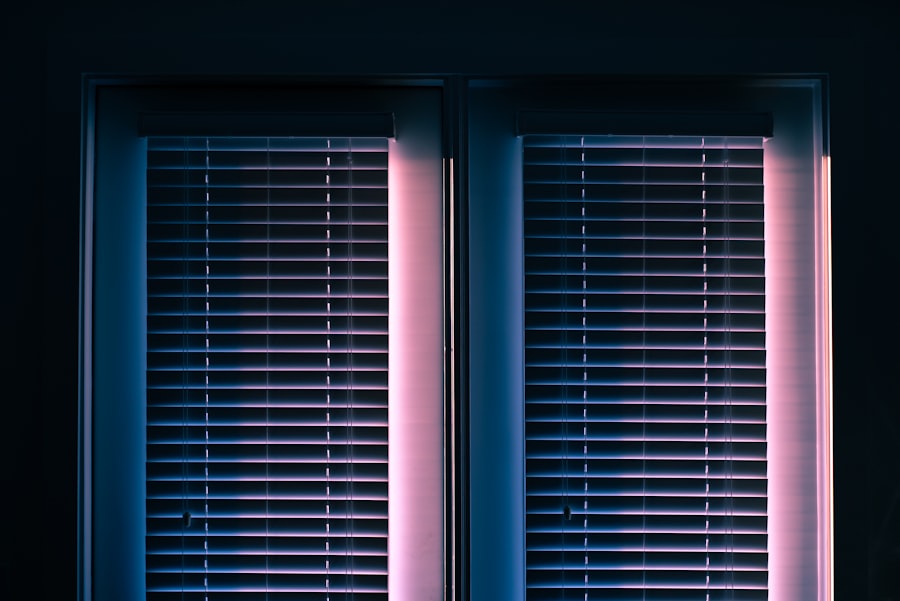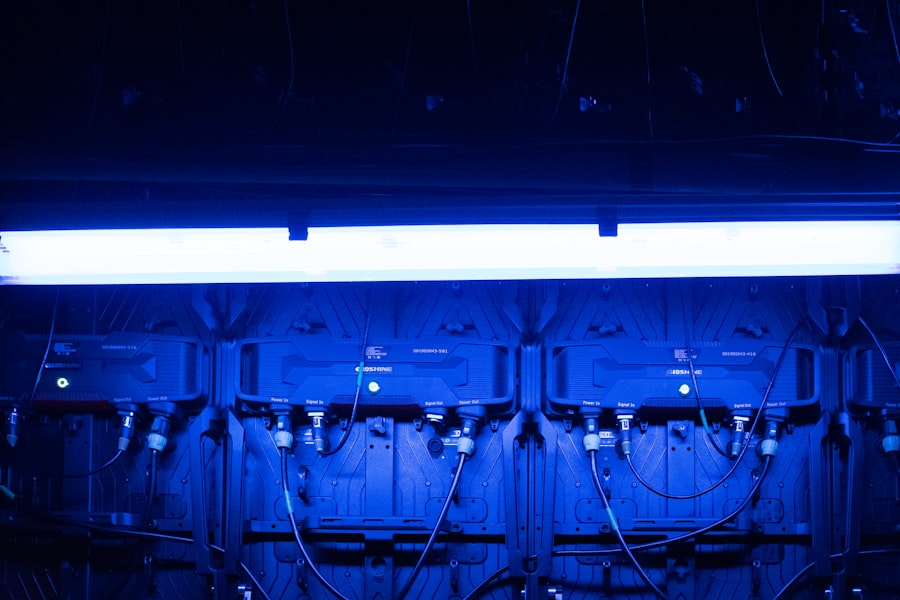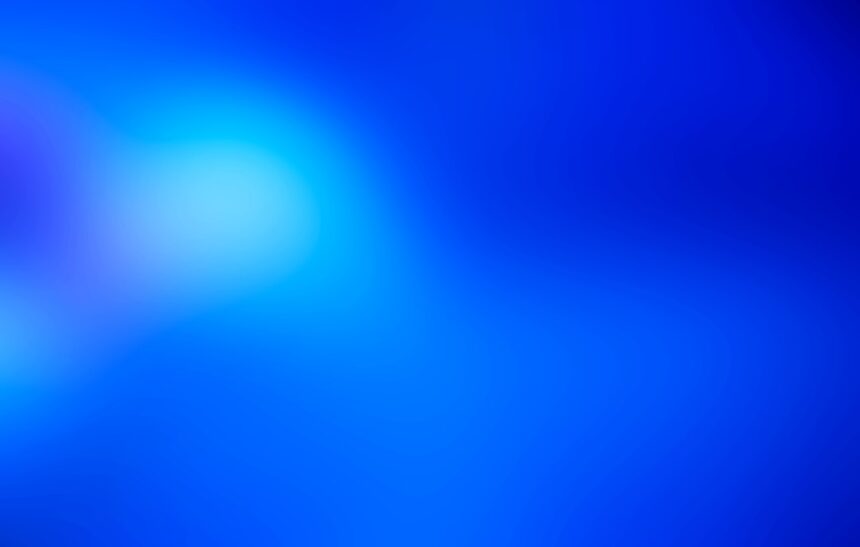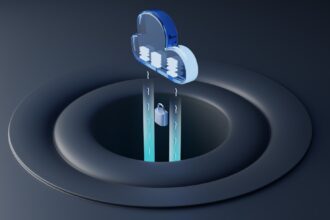Blue light is a part of the visible light spectrum, characterized by its short wavelength and high energy. You encounter blue light daily, primarily from digital screens such as smartphones, tablets, and computers, as well as from artificial lighting sources like LED bulbs. While natural blue light from the sun plays a crucial role in regulating your circadian rhythm and boosting alertness, excessive exposure to artificial blue light can lead to various eye-related issues.
Understanding the nature of blue light is essential for recognizing its potential impact on your vision and overall well-being. When you spend long hours in front of screens, your eyes are subjected to a significant amount of blue light. This exposure can lead to discomfort and fatigue, often referred to as digital eye strain.
You may experience symptoms such as dryness, irritation, and difficulty focusing. Moreover, prolonged exposure to blue light can contribute to long-term damage to the retina, raising concerns about the potential for developing age-related macular degeneration later in life. By understanding how blue light affects your eyes, you can take proactive steps to mitigate its impact.
Key Takeaways
- Blue light can cause digital eye strain, disrupt sleep patterns, and contribute to long-term eye damage.
- Protecting your eyes from blue light is important for maintaining eye health and reducing the risk of eye strain and fatigue.
- Blue light filtering lenses work by blocking or absorbing blue light wavelengths to reduce the amount that reaches the eyes.
- When choosing blue light filtering glasses, consider factors such as lens color, lens coating, and the level of blue light protection.
- Other ways to reduce blue light exposure include adjusting screen settings, using blue light filters on electronic devices, and taking regular breaks from screens.
The Importance of Protecting Your Eyes from Blue Light
Protecting your eyes from blue light is becoming increasingly important in our technology-driven world. As you engage with screens for work, leisure, and communication, the cumulative effect of blue light exposure can take a toll on your eye health. By prioritizing eye protection, you can help prevent discomfort and maintain optimal vision.
This is especially crucial in an era where many people spend more than seven hours a day in front of screens. Moreover, safeguarding your eyes from blue light is not just about comfort; it’s also about preserving your long-term vision health. Research suggests that excessive blue light exposure may contribute to retinal damage over time.
By taking steps to protect your eyes now, you can potentially reduce the risk of developing serious eye conditions in the future. This proactive approach is essential for anyone who relies heavily on digital devices for work or personal use.
How Blue Light Filtering Lenses Work

Blue light filtering lenses are designed to reduce the amount of blue light that reaches your eyes. These specialized lenses contain coatings or filters that selectively block or absorb blue light wavelengths while allowing other visible light to pass through. When you wear these lenses, you may notice a reduction in glare and an overall improvement in visual comfort, especially during extended screen time.
The technology behind blue light filtering lenses varies among manufacturers. Some lenses feature a yellow tint that helps to counteract the harshness of blue light, while others utilize advanced coatings that reflect or absorb specific wavelengths. Regardless of the method used, the primary goal remains the same: to minimize the potential harmful effects of blue light on your eyes.
By incorporating these lenses into your daily routine, you can enhance your visual experience and protect your eye health.
Tips for Choosing the Right Blue Light Filtering Glasses
| Factors to Consider | Importance |
|---|---|
| Blue Light Filtering Technology | High |
| UV Protection | Medium |
| Frame Style and Comfort | High |
| Price | Low |
| Brand Reputation | Medium |
When selecting blue light filtering glasses, it’s essential to consider several factors to ensure you make an informed choice. First, look for lenses that have been tested and certified for their blue light filtering capabilities. Many reputable brands provide information about the percentage of blue light blocked by their lenses, allowing you to compare options effectively.
This transparency can help you choose glasses that meet your specific needs. Additionally, consider the style and fit of the glasses. Since you may wear them for extended periods, comfort is key.
Look for frames that suit your face shape and personal style while also providing a snug fit without being too tight. You might also want to explore options with adjustable nose pads or flexible hinges for added comfort. Ultimately, finding the right pair of blue light filtering glasses involves balancing functionality with aesthetics to ensure you’ll wear them consistently.
Other Ways to Reduce Blue Light Exposure
In addition to wearing blue light filtering glasses, there are several other strategies you can implement to reduce your overall exposure to blue light. One effective method is to adjust the settings on your digital devices. Most smartphones and computers now come equipped with features that allow you to reduce blue light emission by changing the screen’s color temperature.
Activating these settings during evening hours can help minimize disruption to your sleep patterns. Another practical approach is to establish a digital curfew. By limiting screen time in the hours leading up to bedtime, you can give your eyes a break from blue light exposure and promote better sleep quality.
Engaging in activities that don’t involve screens—such as reading a physical book or practicing mindfulness—can also be beneficial for both your eyes and mental well-being. By combining these strategies with blue light filtering glasses, you can create a comprehensive plan for reducing blue light exposure in your daily life.
The Benefits of Using Blue Light Filtering Technology

Incorporating blue light filtering technology into your routine offers numerous benefits beyond just eye protection. One significant advantage is enhanced visual comfort during prolonged screen use. By reducing glare and minimizing eye strain, these technologies can help you maintain focus and productivity throughout the day.
Additionally, using blue light filtering technology can positively impact your overall well-being. Many users report experiencing less fatigue and improved concentration when wearing blue light filtering glasses or using devices with built-in filters.
This boost in comfort and focus can lead to increased productivity and a more enjoyable experience when engaging with digital content. As you prioritize eye health through these technologies, you’ll likely notice an improvement in both your physical comfort and mental clarity.
Common Symptoms of Blue Light Overexposure
Recognizing the symptoms of blue light overexposure is crucial for taking timely action to protect your eyes. Common signs include dryness, irritation, and a sensation of heaviness in your eyes after extended screen time. You may also experience headaches or difficulty concentrating, which can be attributed to digital eye strain caused by excessive blue light exposure.
Being aware of these symptoms allows you to take proactive measures before they escalate into more significant issues. If you find yourself frequently experiencing these symptoms, it may be time to reassess your screen habits and consider incorporating protective measures such as blue light filtering glasses or screen filters. Additionally, taking regular breaks from screens—following the 20-20-20 rule (looking at something 20 feet away for 20 seconds every 20 minutes)—can help alleviate discomfort and reduce the risk of long-term damage.
How Blue Light Affects Sleep Patterns
The impact of blue light on sleep patterns is an area of growing concern among researchers and health professionals alike. Exposure to blue light in the evening can interfere with the production of melatonin, the hormone responsible for regulating sleep-wake cycles. When you use electronic devices before bedtime, the artificial blue light emitted can trick your brain into thinking it’s still daytime, making it harder for you to fall asleep.
To promote better sleep hygiene, consider implementing strategies that minimize evening exposure to blue light. This could involve setting a specific time each night to put away devices or using apps that adjust screen brightness based on the time of day. By being mindful of how blue light affects your sleep patterns, you can create a more conducive environment for restful sleep and improve your overall health.
The Link Between Blue Light and Digital Eye Strain
Digital eye strain has become increasingly prevalent in our screen-centric society, with many individuals experiencing discomfort after prolonged use of digital devices. The link between digital eye strain and blue light exposure is significant; as you engage with screens for extended periods, the high-energy wavelengths emitted can contribute to visual fatigue and discomfort. Symptoms such as blurred vision, dry eyes, and headaches are common indicators that your eyes are feeling the effects of excessive screen time.
To combat digital eye strain effectively, it’s essential to adopt a multifaceted approach that includes both protective eyewear and healthy screen habits. Incorporating regular breaks into your routine can help alleviate symptoms while wearing blue light filtering glasses provides an additional layer of protection against harmful wavelengths. By being proactive about managing digital eye strain, you can enhance your comfort and productivity during screen use.
Blue Light Filtering for Children and Teens
As children and teens increasingly engage with technology for education and entertainment, protecting their eyes from blue light has become more critical than ever. Young eyes are particularly vulnerable to the effects of blue light exposure due to their developing vision systems. Encouraging healthy screen habits early on can help instill lifelong practices that prioritize eye health.
When selecting blue light filtering solutions for children and teens, consider options that are both functional and appealing to younger users. Many brands offer stylish frames designed specifically for kids and teens, making it easier for them to embrace protective eyewear without feeling self-conscious. Additionally, educating them about the importance of taking breaks from screens and practicing good eye care habits will empower them to make informed choices regarding their digital consumption.
Incorporating Blue Light Filtering into Your Daily Routine
Integrating blue light filtering practices into your daily routine doesn’t have to be complicated; small changes can make a significant difference in protecting your eyes from harmful exposure. Start by assessing your screen time habits—consider keeping a log of how much time you spend on various devices throughout the day. This awareness will help you identify areas where you can cut back or implement protective measures.
In addition to wearing blue light filtering glasses during screen use, explore other options such as installing screen filters on your devices or utilizing software applications that adjust color temperature based on the time of day. Establishing a consistent routine that includes regular breaks from screens will further enhance your eye health while promoting overall well-being. By making these adjustments part of your daily life, you’ll be taking proactive steps toward safeguarding your vision in an increasingly digital world.
Blue light filtering has become an increasingly popular topic as more people become aware of the potential effects of prolonged exposure to blue light emitted from screens. This concern has led to a surge in products and strategies aimed at reducing blue light exposure, such as specialized glasses and screen filters. For those interested in exploring the psychological aspects of technology use and its impact on well-being, a related article can be found on Unplugged Psych.
You can read more about these topics by visiting Unplugged Psych.
WATCH THIS! Is This Hidden ADHD Sign Quietly Wrecking Your Sleep and Draining Your Energy?
FAQs
What is blue light filtering?
Blue light filtering refers to the process of reducing the amount of blue light emitted from digital screens, such as smartphones, computers, and tablets. This can be achieved through the use of special filters or coatings on the screens, or through the use of blue light filtering glasses.
Why is blue light filtering important?
Exposure to blue light from digital screens has been linked to eye strain, disrupted sleep patterns, and potential long-term damage to the eyes. Blue light filtering can help reduce these negative effects and improve overall eye comfort.
How does blue light filtering work?
Blue light filtering works by blocking or absorbing a portion of the blue light emitted from digital screens. This can be achieved through the use of special materials that selectively filter out blue light wavelengths, or through the application of coatings that reduce blue light transmission.
What are the benefits of using blue light filtering products?
The benefits of using blue light filtering products include reduced eye strain, improved sleep quality, and potential long-term protection against the harmful effects of blue light on the eyes. These products can also help improve overall visual comfort when using digital screens for extended periods of time.
Are there any potential drawbacks to using blue light filtering products?
Some people may experience a slight yellow or brown tint to their vision when using blue light filtering products, especially if they are using blue light filtering glasses. However, this tint is usually minimal and most people adapt to it quickly. Additionally, some blue light filtering products may be more effective than others, so it’s important to choose high-quality options for the best results.




